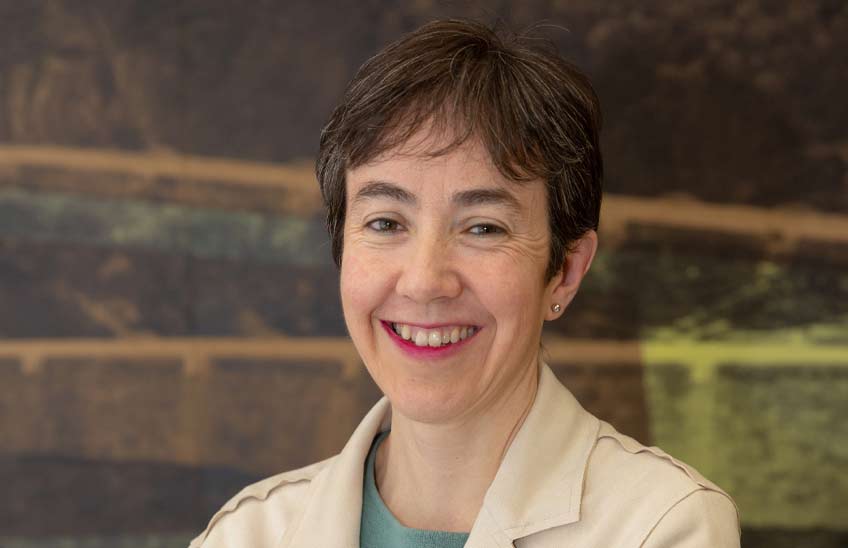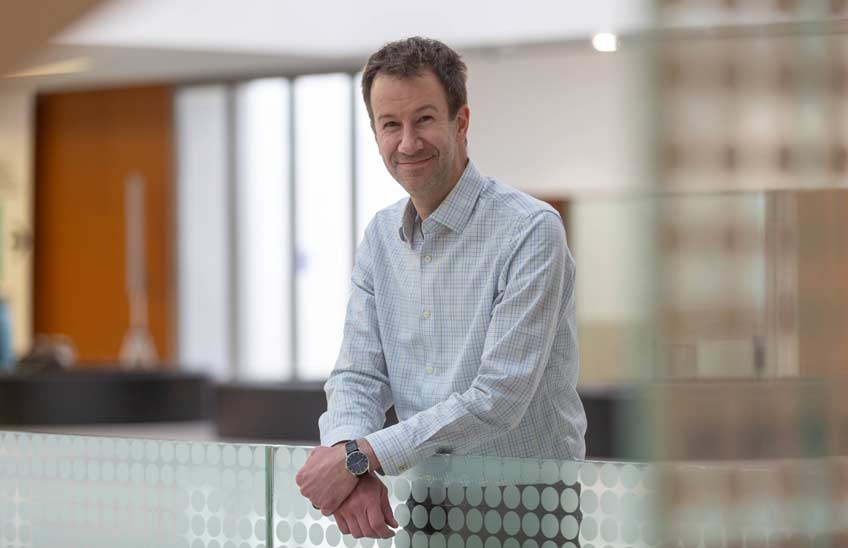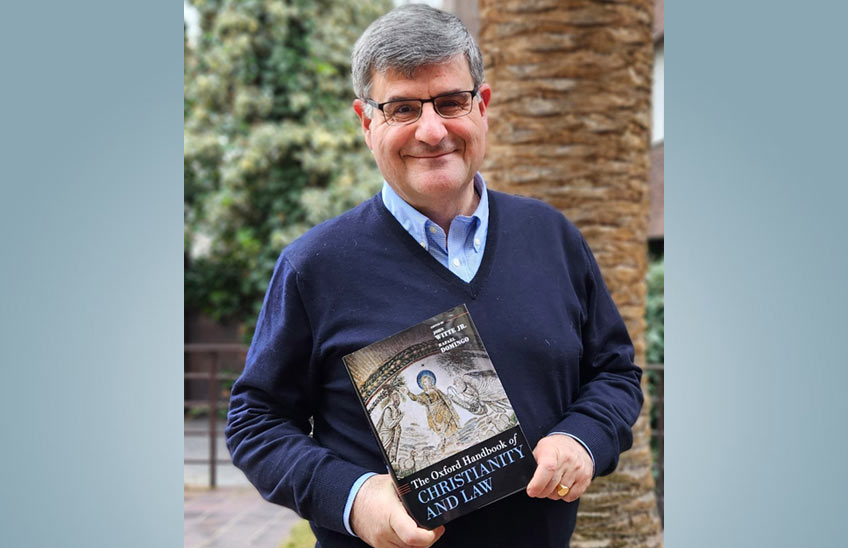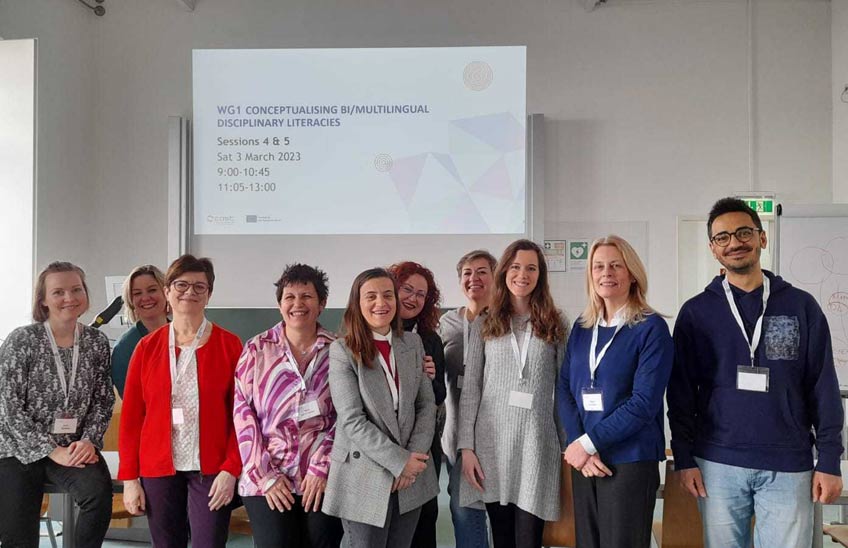20240426_ICS_bernacer
The researcher Javier Bernácer coordinates from the ICS an international project of CINET on the limits of Artificial Intelligence.
The neuroscientist and philosopher of group 'Mind-brain' coordinates this research that explores the differences between human intelligence and AI.
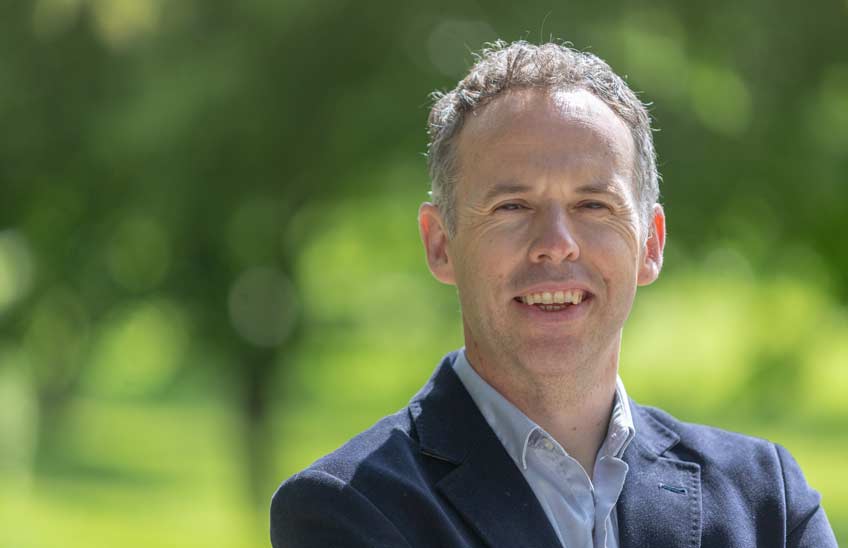
FotoManuelCastells
/Javier Bernácer, researcher of Institute for Culture and Society.
26 | 04 | 2024
The neuroscientist and philosopher Javier Bernácer, co-researcher principal of group 'Mind-brain' of the Institute for Culture and Society (ICS) of the University of Navarra, coordinates the project of research on the limits of Artificial Intelligence, Neurobiology and human cognition in the face of synthetics and artificial intelligence, carried out by the International Center for Neuroscience and Ethics (CINET) of the Tatiana Foundation. Its goal is to identify the main features that define human intelligence and thus establish the differences with Artificial Intelligence.
"The great goal is to explore their differences, including also the human biological basis, the nervous system. This leads us to reflect on the relationship between life and intelligence, and life and cognition," explains Bernácer. And he poses some questions core topic from project: "Can there be life without intelligence? And intelligence without life? We want to show that for there to be intelligence, there must be life, and for there to be intelligence and life, there must be a body".
In this sense, the aim is to study which are the particularities of the human body development that are related to intelligence and that machines cannot have. "That difference must also be crucial in intelligence," notes the researcher. They will also study "those differences in contexts such as consciousness, freedom and the development of habits".
The research will include the "data analysis of brain activity to observe how the reaction to certain stimuli is unique and related to the body and its interaction with the environment, very different from the reactions that an Artificial Intelligence can have". There will also be an international survey to neuroscientists, using a rigorous methodology with the goal to know their opinion about issues such as the mind-brain dichotomy, consciousness, freedom...
This study, at a global level, will underpin the distinctive features of human cognition, its neurobiological basis, and the importance of its relational dimension, demonstrating that these can never be implemented in machines. More specifically, "it will contribute to a better understanding of the biological foundations of consciousness, decision-making and habits," notes researcher.
The international team that will develop this project brings together professionals from different disciplines such as Georg Northoff (University of Ottawa), Tom Froese (Okinawa Institute of Science and Technology), Marya Schechtman (University of Illinois in Chicago), Terrence Deacon (University of California in Berkeley), Robert Chis-Ciure (New York University), in addition to the members of the ICS 'Mind-Brain' group .


